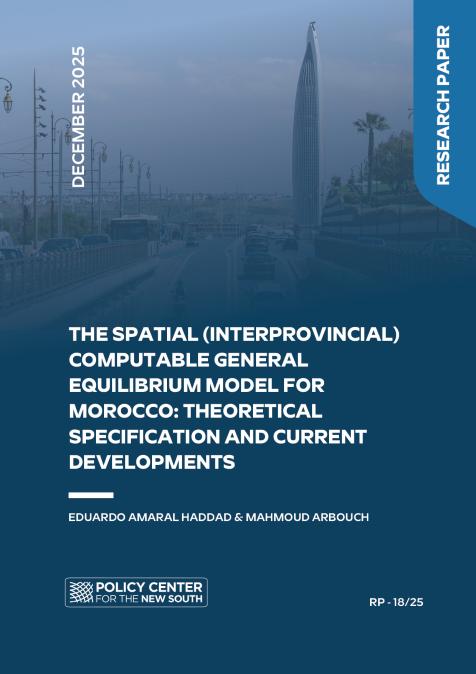Publications /
Policy Paper
The rise of the middle class in the emerging economies is affecting significantly consumption habits and thus, transforming these economies. The size and growth of the middle class is of interest to gauge market potential for many products, and can serve as a barometer of political awareness. Measuring the Middle Class using income presents many challenges, beginning with finding an appropriate definition. Previous research by Ali and Dadush (2012) suggested an alternative measure, which can complement the studies based on household surveys: using cars in circulation. In the developing world, unlike in high income countries, buying a car is virtually synonymous with entry into the middle class. This paper updates the previous research conducted by Ali and Dadush using the most recent data, and also extends the analysis to a much larger sample of developing countries. The case of Morocco, a country where the middle class is growing rapidly and has rising expectations, is reviewed. While cars in circulation are certainly not a perfect measure of the rise of the middle class in developing countries, the measure points to an extraordinarily challenging period ahead for governments, especially in middle-income developing countries, such as Morocco. Governments will see their tax revenues grow, but demands on them will grow even more rapidly. At the same time, many companies will see wide new business horizons open to them.











